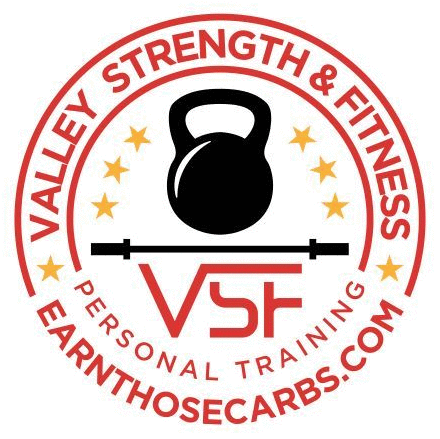MECHANICAL TENSION. WHAT?
Mechanical tension is the primary mechanism for muscle growth. Muscle contraction provides mechanical tension. When you take a light-moderate load and perform reps to fatiguing conditions, high threshold motor units and the corresponding muscle fibers will be activated. This, along with a slow contraction(slow speed as a result of fatigue or a heavy enough load), is what causes a muscle to grow, provided there is enough exposure to it via volume.
3 mechanisms are interrelated, not independent stimulators. We know how mechanical tension triggers hypertrophy, but the roles of metabolic stress and muscle damage aren’t too clear, mostly because you can’t cause one without causing mechanical tension.
_
We know that low loads to failure or heavy loads cause similar hypertrophy as long as set volume is equated [3], so really chasing metabolic fatigue isn’t something you need to be concerned about.
_
I know people like to get caught up on muscle damage. It’s time to move on from the old school thought that being sore means gains. There is evidence [1] that muscle protein synthesis is primarily driven to repairing a damaged muscle as opposed to building muscle. This hints that the body’s priority is to repair damage, halting hypertrophy gains until that is taken care of, so purposefully continuously causing muscle damage through training is not a good strategy.
_
Even if this wasn’t the case, we know that muscle damage is not needed to grow muscle [2]. And too much muscle damage can interfere with more important contributors to hypertrophy, such as volume and frequency. If you’re new to lifting weights, you’re going to get sore. But once you adapt, you will hardly get sore anymore. Don’t feel bad about that, focus on training with sufficient stress, getting stronger, developing good lifting technique, and consistency. The rest will take of itself. #strengthguide
_
https://www.ncbi.nlm.nih.gov/pubmed/27219125
https://www.ncbi.nlm.nih.gov/pubmed/21270317
https://www.ncbi.nlm.nih.gov/pubmed/27218448
Clackamas, clackamas gym, clackamas personal trainer, happy valley gym, happy valley personal training
